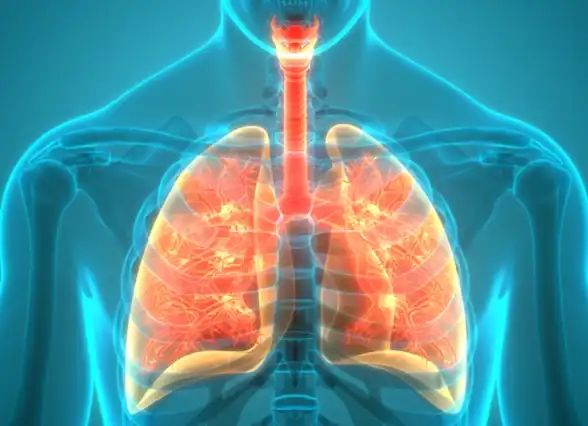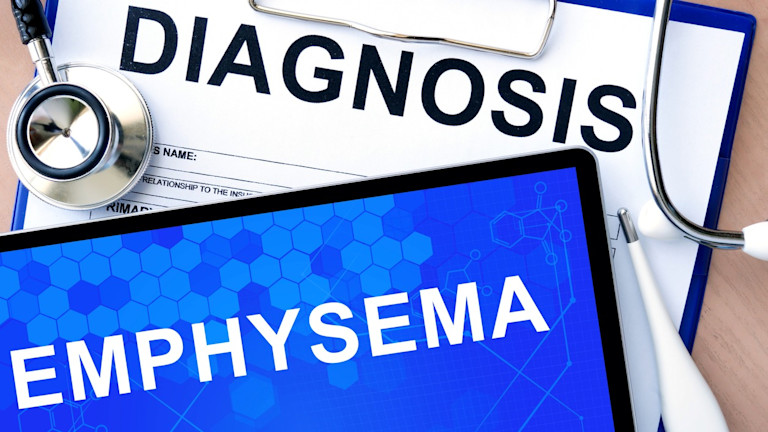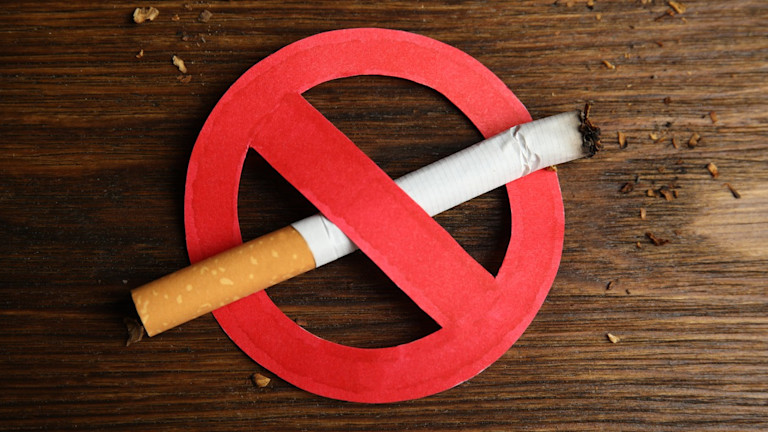What Do I Need to Know About Early Diagnosis of COPD?
Your loved one may have COPD, and you wonder - what is that? And now what? Because you can, take a deep breath. This is COPD, one step at a time.
Get insurance benefits, legal documents, and medical records in one place

Helpful Highlights
Understand COPD and risk factors.
Early detection and testing are crucial because COPD can be misdiagnosed.
Managing COPD revolves around avoiding lung irritants.
What is COPD?
COPD, or Chronic Obstructive Pulmonary Disease, refers to a group of diseases that block airflow and make breathing difficult.

Emphysema and chronic bronchitis are two conditions within COPD and are most commonly caused by smoking, though not always. Your loved one may never have smoked a day in their life but may have been exposed to environmental pollutants, workplace toxins, or severe or persistent respiratory infections. Genetics may even play a role in COPD development.
COPD usually takes several years to develop and can surface long after toxic exposure or quitting smoking.
What can you do for your loved one?
Accompany them to visits with their primary care provider and encourage them to talk about changes, as well as offer information on changes you've observed.
Observe for subtle changes in demeanor or physical well-being and report the changes.
Ask questions. (see Questions to Ask the Primary Care Provider)
Ask the healthcare provider how to keep your loved one as healthy as possible.
Ask the healthcare provider how to prevent ER visits or hospitalization.
Ask the healthcare provider what would warrant a call to the office or a call to 9-1-1.
Risk factors
Exposure over time to irritants that damage lungs and airways.
Irritants are what you breathe every day at home, work, or outside, such as air pollution, pollen and other allergens, secondhand smoke, dust, fumes, and chemicals.
Exposure to tobacco smoke.
The most significant risk factor for COPD is long-term cigarette smoking.
85-90% of COPD cases are caused by cigarette smoking!
The main cause of COPD is smoking, but non-smokers can also develop COPD via secondhand smoke.
Asthma
Genetics
Early Detection
COPD is often misdiagnosed. It takes several years for COPD to develop and most people are at least 40 years old when symptoms first appear.
Diagnosis is based on signs and symptoms (you can help with your observation and input), family and medical history, and exposure to lung irritants – especially cigarette smoke.
Common symptoms at the onset of COPD may include: increasing breathlessness – occurring when exercising at first, waking up feeling breathless, a persistent cough with phlegm that does not go away, and frequent respiratory infections.
Early detection of COPD may change the course and progression of the disease.
Symptoms
Common symptoms at the onset of COPD may include:
Increasing breathlessness – first appearing during exercise or prolonged activity
Waking up feeling breathless (including during the night)
A persistent cough with or without phlegm that does not go away
Frequent respiratory infections
Sleeping on more than 1 pillow
Difficulty taking a deep breath
Lack of energy
Wheezing
Chest tightness
Testing
Pulmonary (lung) function tests: Incentive spirometry is a simple test of measurement of how well the lungs work.
Arterial blood gas: This blood test measures how well the lungs bring oxygen into the blood and how well the lungs remove carbon dioxide from it.
Laboratory tests (blood) – Lab tests are not used to diagnose COPD, but they may be used to determine the cause of your loved one's symptoms.

How to reduce the symptoms and progression of COPD
STOP SMOKING. Quitting smoking is the single most important thing you can do.
Avoid exposure to secondhand smoke.
Be aware of other dangers to the lungs: allergens, chemicals, dust, and fumes at home and in the workplace. Wear a face mask when there is a potential for exposure.
Although COPD is not curable, it is treatable. Early detection and treatment of COPD can change the course and progression of the disease.
RESOURCES
American College of Chest Physicians (ACCP) – COPD
American Lung Association (ALA) – COPD
American Thoracic Society (ATS) – COPD
COPD.com – Understanding COPD Stages & Progression
Global Allergy & Airways Patient Platform (GAAPP) – Four Stages of COPD
National Institutes of Health (NIH) Heart, Lung & Blood Institute – Lung Health Resources
No content in this app, regardless of date, should ever be used as a substitute for direct medical advice from your doctor or other qualified clinician.
Get more support and guidance on insurance benefits, medical records and legal forms.
Helpful brings together your insurance benefits, legal documents, and medical records in one personalized place — so you always know what you have, and never have to search again.

Technology for Health Tasks. Mental Health for the Tough Stuff.
Helpful connects your medical records, insurance, and caregiving tasks automatically. And when you need more than logistics, a therapist is here to guide you.
In-Network and Covered
For Individuals, Couples and Families
HIPAA Compliant, Data Stays Private


Healthcare Tasks Simplified

From syncing records to spotting drug interactions, Helpful does the heavy lifting, turning complex health info into clear tasks and showing you benefits you can actually use, giving you clarity and control over your care.

In-Network Mental Health

Our licensed therapists are here to support you and your loved ones through stress, burnout, and life’s hardest moments, with an inclusive, compassionate approach that works with most insurance plans.

Create Legal Documents

Plan ahead by creating will, trusts, advance directives and more, that ensure your wishes are honored in the event you can’t speak for yourself -with Helpful guiding you every step of the way.